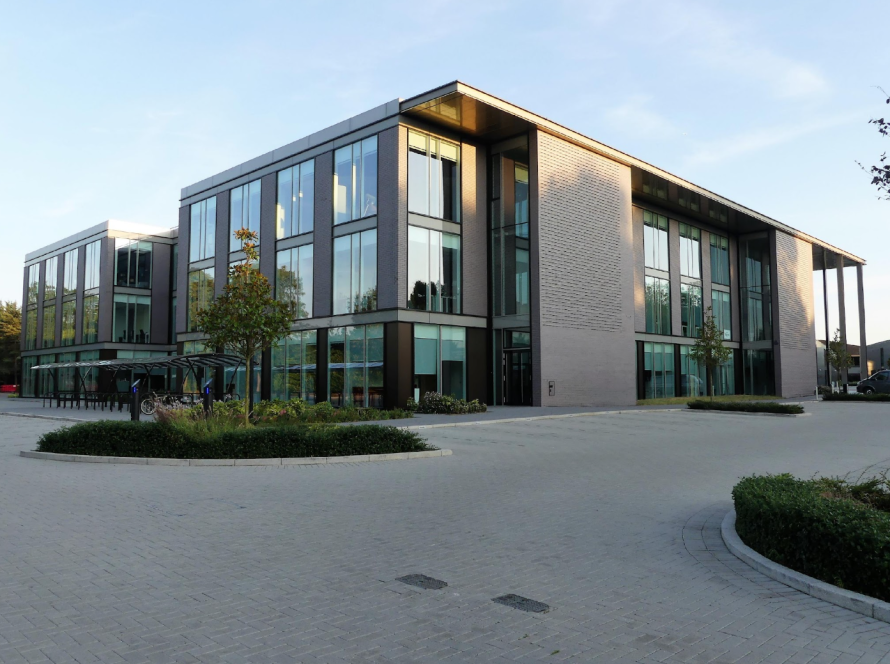Investing is a cornerstone of financial growth, but choosing the right asset class can be a daunting task.
Arguably the most popular asset classes are stocks and property.
They both have their pros and cons, but we want to explore the fundamental differences, associated risks, returns on investment and the long-term benefits of each to help investors make informed decisions tailored to their financial goals and risk tolerance.
Fundamental differences between property and stocks as asset classes
The main difference between stocks and property is that stocks are very liquid, so you can buy and sell day to day, whereas property transactions can take a little longer.
The cost of transactions when it comes to stocks are also relatively low and the big companies are well covered by analysts who look at all the data, writing either good or bad reports and buy or sell recommendations, so the stock market is quick and generally well-informed.
As for the market dynamics, property has an inverse correlation to stocks, so when the stock market crashes, property tends not to do the same.
Inflation also often has an adverse effect when it comes to stocks, but this is not the case with property.
Inflation is good for property investors, because rents will increase with the market and as the value of the currency goes down, the value of your loan effectively goes down with it, while your asset maintains its value.
Assessing risks and returns
One of the dangers with stocks is that we’ve all seen stock market crashes.
The stock market has been known to deliver substantial returns, but this volatility means it can also suffer severe downturns influenced by global events, economic changes and corporate performance.
Property is generally less volatile, in contrast and the market tends to not fluctuate with the same frequency.
As for investment returns in property, we’re in a unique period at the moment, especially in the commercial property market, due to high interest rates where if you’re able to buy in cash, you could see a 15% internal rate of return over the next five years.
Thanks to the higher yields, you’ll make a good return simply collecting rent over that period of time and then you get the capital gains, with very little input required from you as the investor.
Investment Management: Active vs Passive

With stocks, you need somebody to be monitoring your portfolio constantly and to be listening out for any news that could affect your investment.
This either involves hiring an investment manager full time or you can do it yourself by spending all day reading the news.
Property, on the other hand, doesn’t change that quickly. It’s unlikely that something major will happen over night and the shortest lease you’ll get is two years, but for the most part, leases are between 5-10 years in the commercial sector.
With that being said, property is not completely passive, you can’t just ignore it, but you don’t have to monitor it minute by minute to maximise your return.
The entry point for stocks, however, is much lower. You can invest as little as you want, but for property the minimum ticket is significantly larger.
Diversification
Diversification is the key word here and it’s why, even though I work in property investment, I’m not advocating that property is a better form of investment than stocks, instead I’m saying it’s a good idea to have both asset classes as part of your investment portfolio and diversification is the main reason for that.
Not only does adding property to your investment portfolio create a diversification of asset classes and mitigate risk should there be a market crash in either industry, but it also gives you a currency diversification should you invest in UK property.
If most of your investment portfolio is in dollars, which is usually the case across large parts of the world and especially in the Middle East, then buying property in the UK in Sterling provides you with currency diversification, as well as an asset diversification.
Ultimately, that’s our most important piece of advice at Curzon Land when it comes to investing: Diversify your portfolio.
And investing in UK property is a great way to do that.
So, if you’re looking to make an investment in UK property, don’t hesitate to get in touch at cgreen@curzonland.com or give us a call at +44 (0)7948 979 490 and we can help you make a shrewd and well-informed investment.



